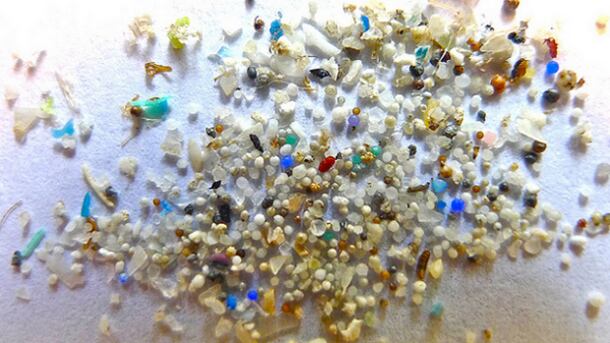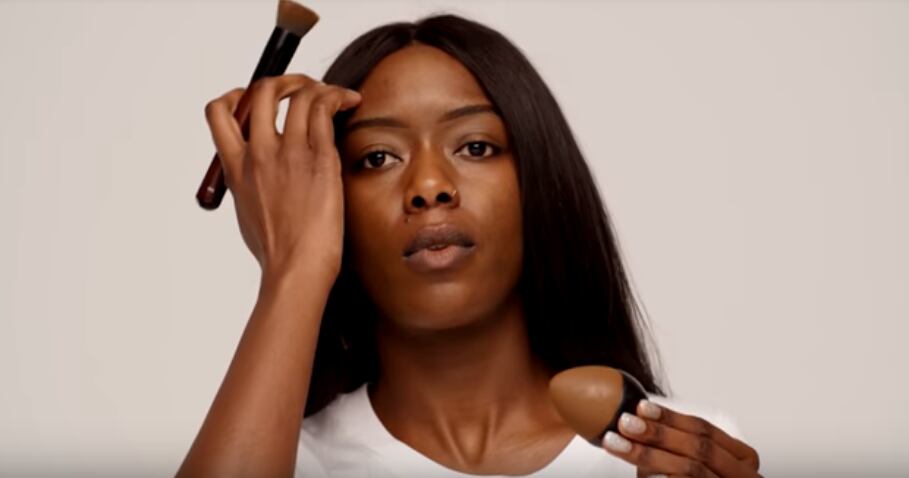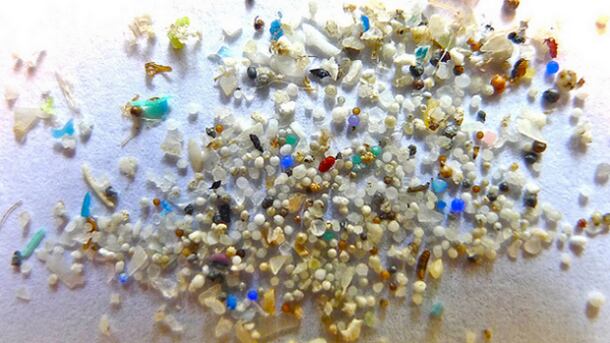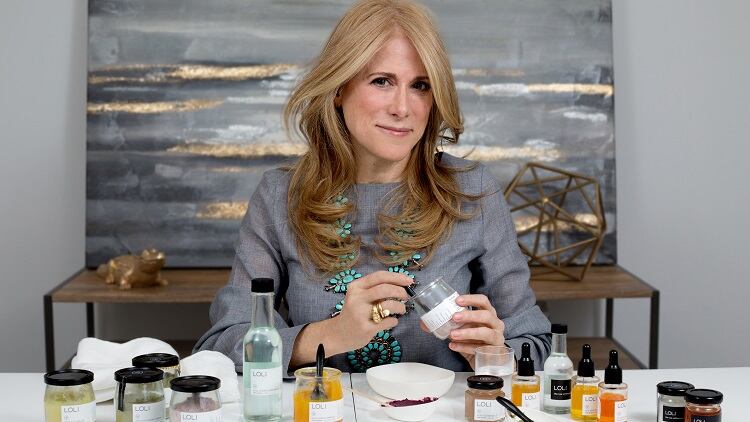Researchers at ETH Zurich and the Swiss Federal Institute of Aquatic Science and Technology (Eawag) carried out the study, which demonstrates that soil microorganisms metabolically utilised the carbon in the PBAT polymer both for energy production and also to build up microbial biomass.
“With this study, two concerns that are constantly being raised about biodegradable plastics have been rebutted – the doubt that microorganisms fully metabolize certified biodegradable plastics and the concern that the oil-based part of the polymer will not biodegrade completely,” asserts Hasso von Pogrell, Managing Director of European Bioplastics e.V.
“This [study] clarifies that nothings remains after biodegradation besides water, CO2 and biomass.”
Why do we need biodegradable plastics?
Plastic waste ending up in the ocean has spurred a recent consumer backlash against it: according to the Ellen MacArthur Foundation, by 2050 there will be more plastic in the world’s oceans than fish.
Beauty players have been quick to begin responding to this concern.
As part of its commitment to reducing industrial and product waste, L’Oréal is one major beauty player working to innovate and research in the biodegradable packaging space.
Late last year, the international beauty leader signed an agreement with Carbios to implement bio-recycling on an industrial scale.
Carbios is a pioneer in the field of bioplasturgy and its resources and expertise is helping L’Oréal in its aims to sustainably manage waste and ensure an optimal plastic life cycle.
The agreement will see L’Oréal and Carbios jointly found a five-year consortium to bring the bio-recycling technology designed by Carbios to market. The consortium also extends the invitation to industries from other sectors who are also looking to develop new bio-cycling solutions.
Consumer goods giant Unilever is also making strides in this area.
The company has said that by 2025, it will be technically possible for its plastic packaging to be reused or recycled.
How did the study work?
The following outlines the process undertaken by the ETH Zurich and Eawag researchers in their study on biodegradable packaging.
- The researchers used the biodegradable polymer PBAT (Polybutylenadipatterephthalat) labelled with a carbon isotope.
- This isotope label enabled the scientists to track the polymer-derived carbon along different biodegradation pathways in soil.
- It showed that the carbon from PBAT was not only converted into carbon dioxide (CO2) as a result of microbial respiration but also incorporated into the biomass of microorganisms colonizing the polymer surface.
The researchers are the first to successfully demonstrate where the carbon of a polymer ends up and that a plastic material is effectively biodegrading in soils.




